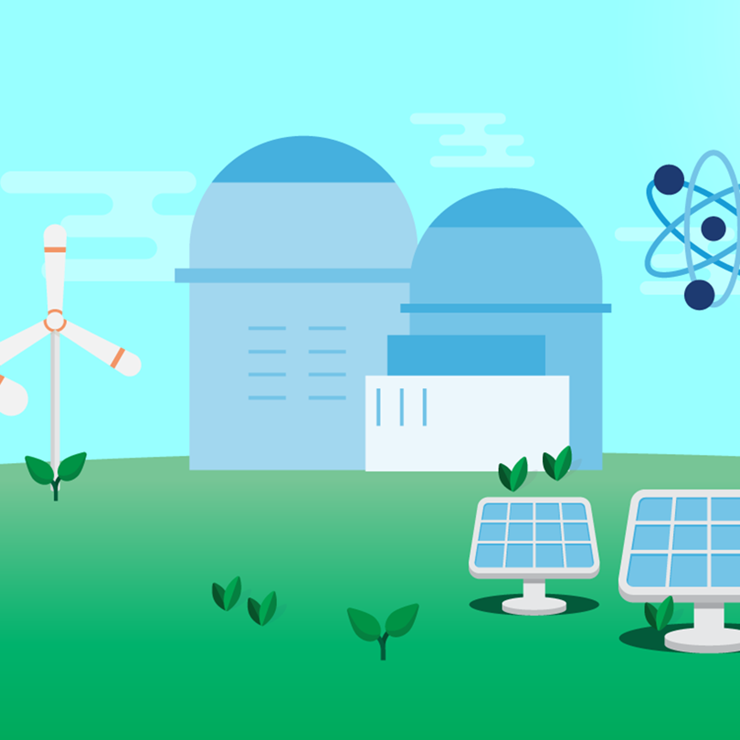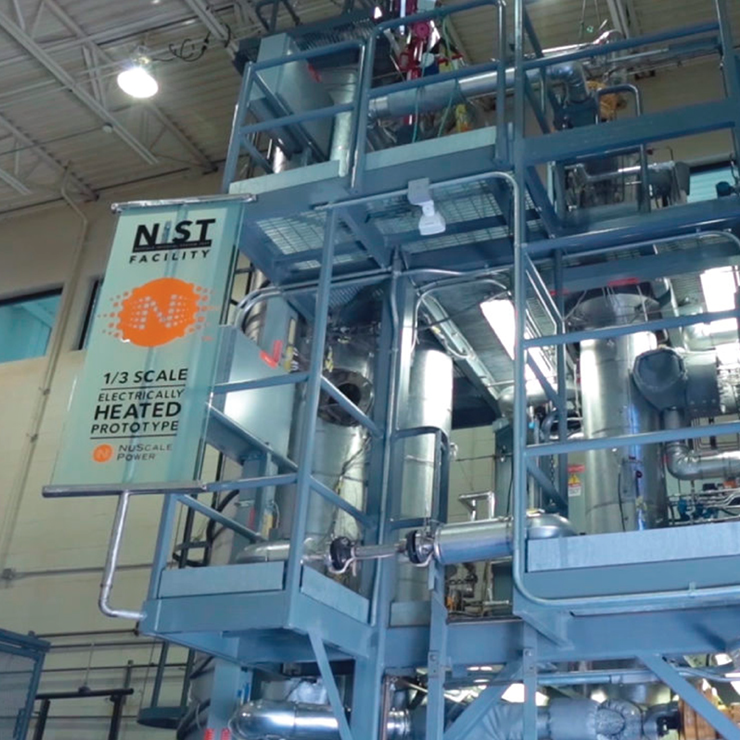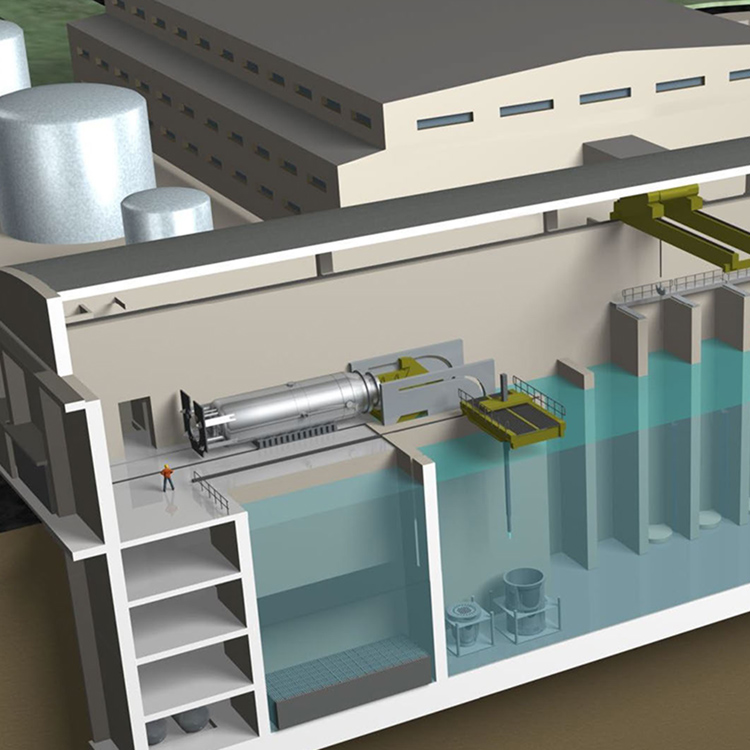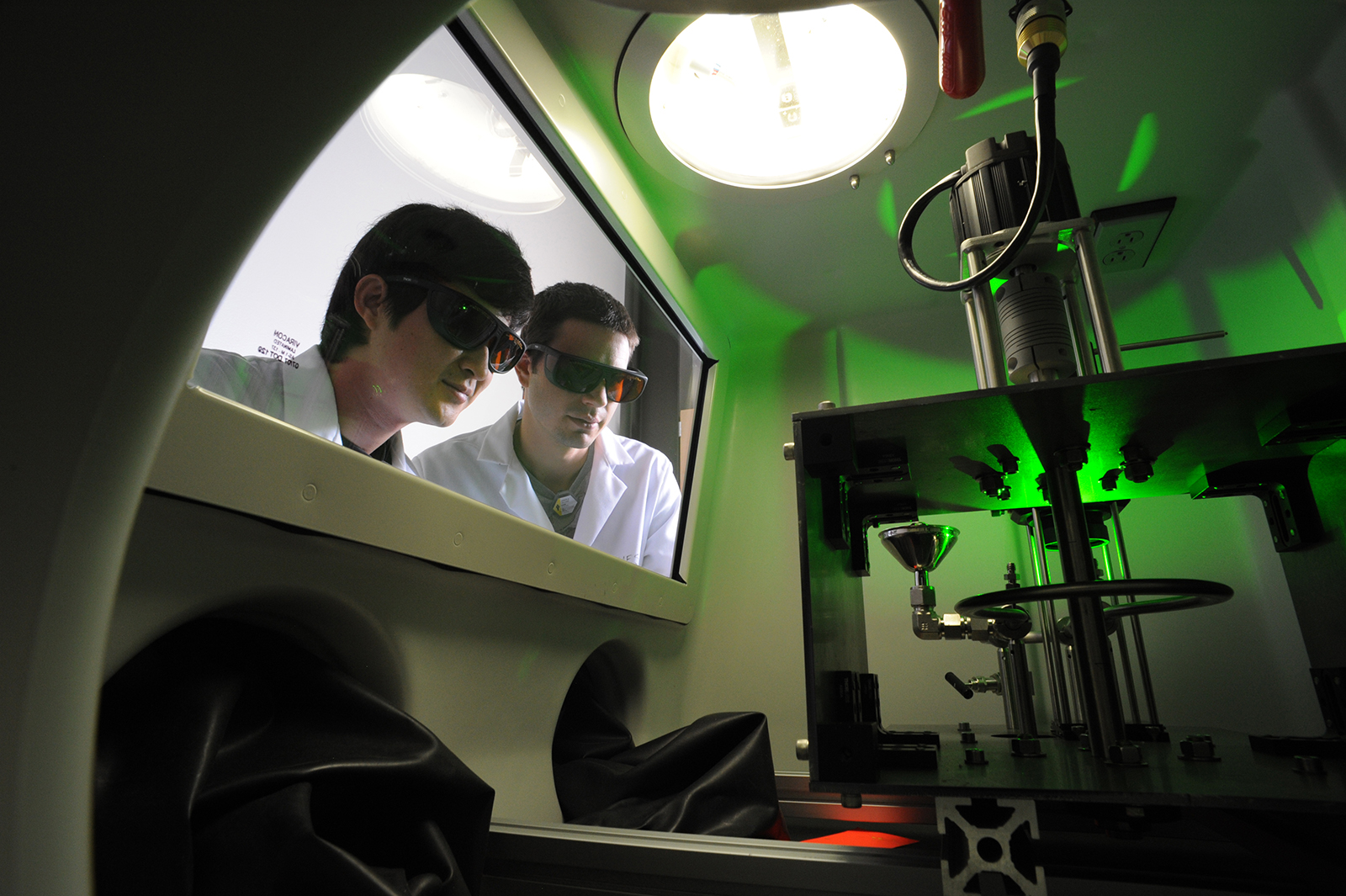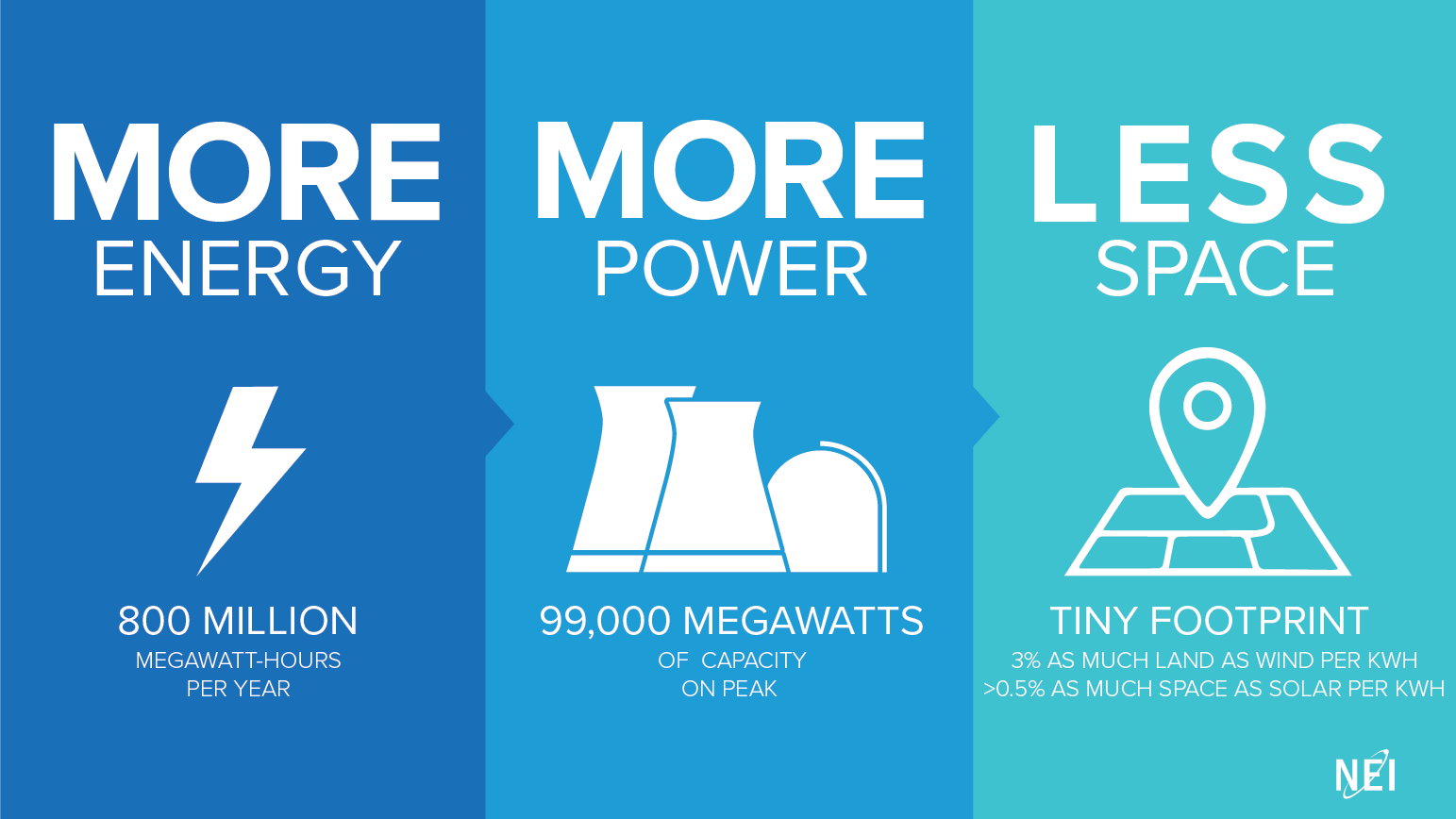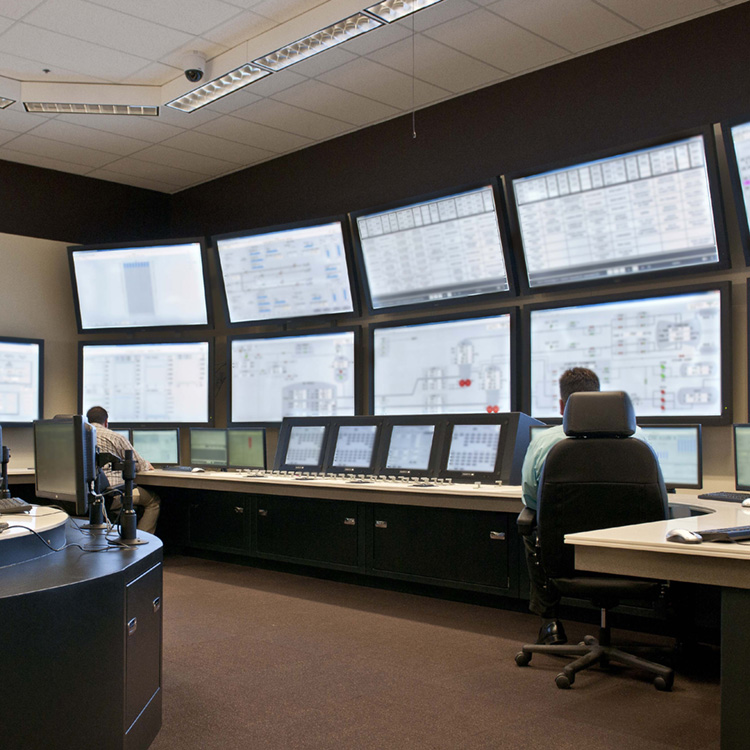Newsroom Archive
This week, DOE announced another round of awards, to the tune of nearly $20 million, to help develop nine domestic advanced nuclear technology projects.

This June 30 will mark three years without a leadership quorum at the Export-Import Bank of the United States (Ex-Im Bank), the nation’s official export credit agency that provides funding for domestic companies to compete in the global marketplace. Without a quorum on its board, the bank is unable to approve funding for projects larger than $10 million, putting U.S. nuclear suppliers and exporters at a distinct disadvantage.
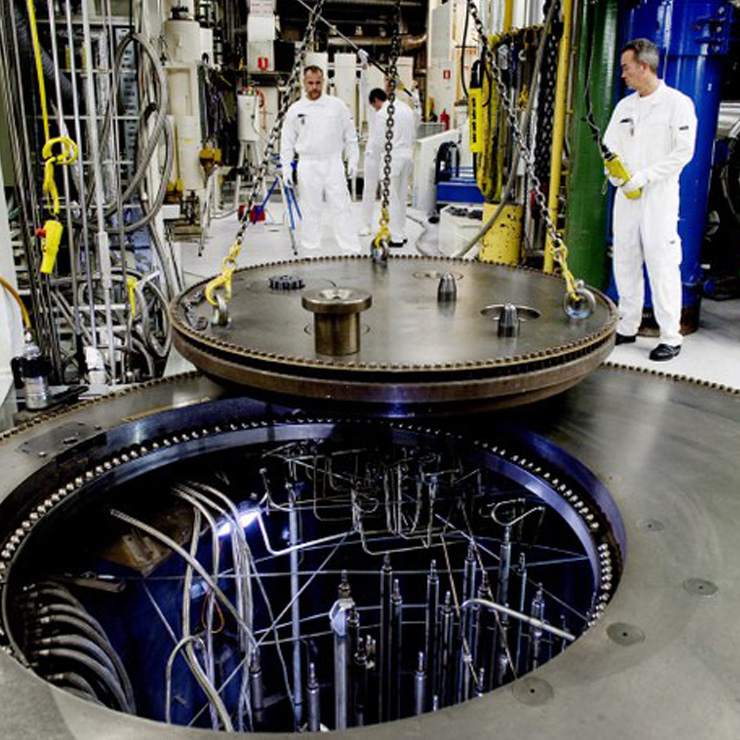
As Norway's Halden test reactor announced this week it would be closing permanently, testing of advanced accident tolerant fuels in the United States continues apace. Meanwhile, Congress provided robust funding for DOE's ATF R&D program, demonstrating its continued support for innovation in nuclear fuels.
Congress continues to demonstrate bipartisan support for nuclear energy, with the Senate passing an appropriations bill June 25 that provides $1.2 billion for the U.S. Department of Energy’s nuclear energy programs.

